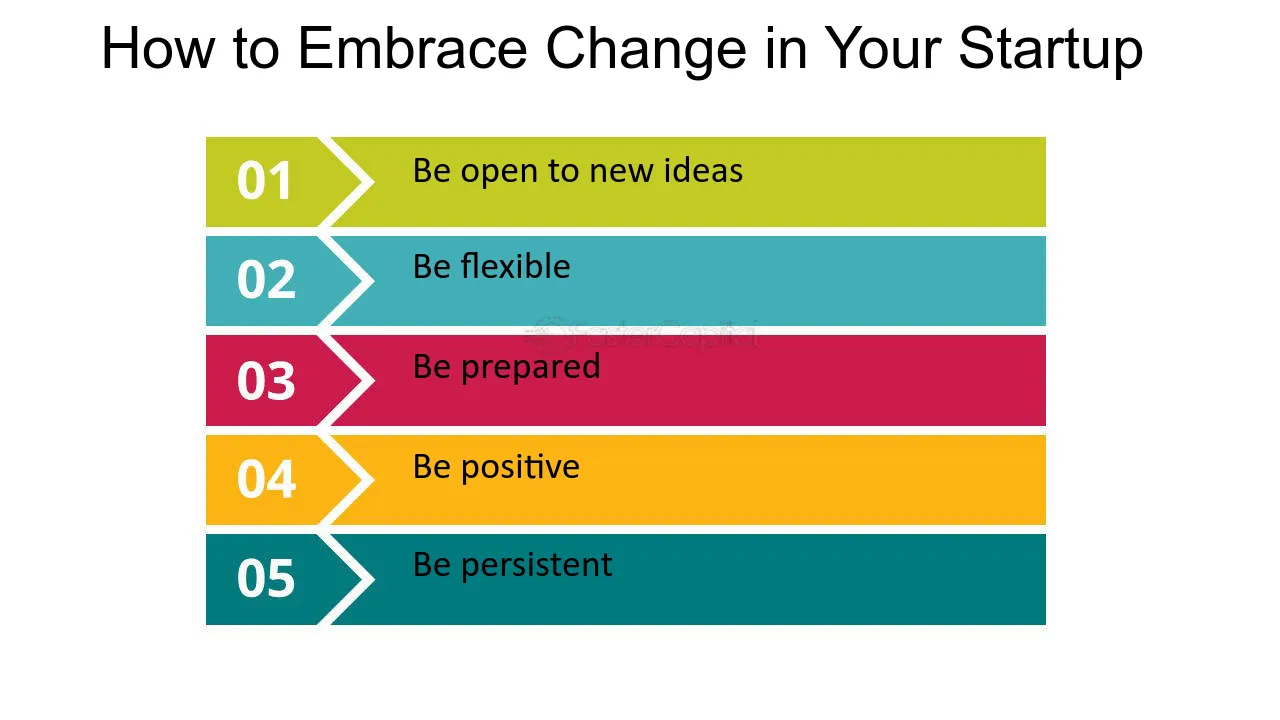Why being different is not enough for your startup to thrive – StartupSmart

Just being different is all a bit ho-hum. Different isn’t even all that hard.
Change a couple of things, and you’re different.
Me being in this location, and you being in that location means you have something that makes you different. My prices are low, and your prices are high. Yep, different. My product has these features, and my services come with oodles of value added stuff. Different.
The ways you can be different are almost endless and mostly incremental (to learn more about the differentiation trap click here).
Here’s another approach—be distinctive. And okay, it may feel like I’m trading in language semantics here, but I’ll explain why I don’t think so.
In 2003, Seth Godin first talked about purple cows, a group of remarkable bovines that would stand out from a crowd of average, if individually patterned, black and white ones.
From that point on, marketers, and to a lesser degree the organisations they represent, have been trying to find that one thing that will get people to stop in wonder on the side of the road.
Many things have changed since 2003: the way we interact with an organisation (shares, likes and online shopping); the types of things we buy from them (personal drones anyone?); and the way we get things we’ve always bought (Software-as-a-Service).
What’s also changed is what we want from the organisations we buy from and work with.
At the heart of that shift is a desire for us to feel a connection; to feel that they care about the things we care about. In an increasingly disconnected world, what used to be transactions are now part of our social landscape.
And sadly to get there, doing one remarkable thing is no longer enough.
Enter distinctiveness.
Last year I chaired a Customer Experience Conference in New Zealand, and one of the speakers was Dave Elliott, the general manager of marketing for Mitre10.
It was his observation that an organisation needs to be distinctive, and the relationship the customers feel to the resulting brand is what got me thinking about this idea.
When something is distinctive, you can’t quite put your finger on it. It’s not just one thing—there is an alchemy that comes together. It’s easy to see and feel, but hard to identify.
It’s something you are drawn to and remember, want to be part of, and maybe even admire. And when the distinctiveness is collective, it starts to resemble a tribe.
Think of any organisation and brand you feel a close relationship with. Chances are there is a bit of a tribal quality. You feel you are part of something, that you share some small piece of their distinctiveness. And in turn, you take that sense of belonging and share it with others.
For example, every time I use Patagonia as an example, attend an event, tweet a podcast featuring them, and use my gear, I’m reinforcing my connection to their distinctiveness. I’m claiming my place in the brand’s tribe and sharing that with you, and maybe you’ll want to be part of it too.
Here’s where the bone-deep knowing of what you care about and stand for comes into play again. They are the foundations of your identity and help to build that alchemy of elements. You can’t be distinctive without them.
If you’re looking to build something distinctive and find your tribe there are plenty of books that can help you. Two of my favourites are The World Until Yesterday: What Can We Learn from Traditional Societies? by Jarod Diamond, and Tribe: On Homecoming and Belonging by Sebastian Junger.
Go beyond different. Embrace your distinctiveness.
See you next week.
Michel
Michel is an Independent Brand Thinker and Adviser dedicated to helping organisations make promises they can keep and keep the promises they make – with a strong, resilient organisation as the result. You can find Michel at michelhogan.com or you can follow her on Twitter @michelhogan.
This article was originally published on SmartCompany.
Follow StartupSmart on Facebook, Twitter, LinkedIn and iTunes.

